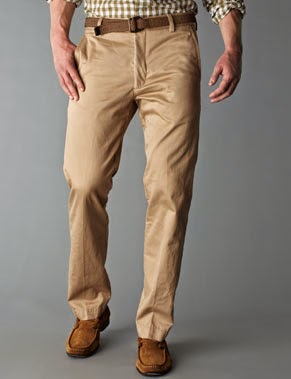Rachel: Take the top down did ya?
Ross: Only way to fly.
Rachel: Come on Ross give me the keys! Monica does not know what she’s talking about! I am an excellent driver!
Ross: You’re fast and irresponsible. That adds up to a bad driver.
Rachel: Well in High School, that added up to head cheerleader.
(A woman walks by and smiles at Ross’s hair.)
Ross: Did you see the look that girl just gave me? Huh? She must’ve seen me cruising in the bad boy.
Rachel: I think she’s checking out your beehive Ross.
Ross: What?! (Checks his hair.) Give-give me a brush.
Rachel: Give me the keys!
Ross: No way!
Rachel: Well no brush!
Ross: Fine! You know what? It doesn’t matter, because, if I remember correctly, there is a comb on the floor of the bathroom.
(He goes to the bathroom and after he leaves Rachel goes through his coat and grabs the keys along with a $20 bill. The woman from before watches her do this.)
Rachel: Alimony.
Rachel: Ahhh! Ooh, nice!
(Suddenly from out of nowhere Ross dives onto the hood.)
Rachel: My God!
Ross: What do you think you’re doing?!
Rachel: Just washing the windshield. (She turns on the wipers forcing Ross off of the hood.)
Ross: There is no way I am letting you drive this car! So why don’t you just hand over the keys?
Rachel: Oh.
Ross: No ah-ah-ah! Do not start this car! (She starts the car.) Okay! Okay! I will give you twenty bucks if you get out of this car right now!
Rachel: Look Ross, if you’re so freaked out, just get in the car!
Ross: With you?! Yeah right!
Rachel: All right.
Ross: Okay! Okay! Okay!
Rachel: What are you doing?! Get in the front!
Ross: In the death seat?!!
Rachel: Oh my…
Rachel: God. I forgot how much I love driving. I have got to get my license renewed.
Ross: (shocked) You don’t have a valid driver’s license—Okay that is it! Pull over right now!
Rachel: Oh Ross you’re so tense! You just gotta relax okay? Just need to relax all right? Just need to relax…
Ross: (grabbing the wheel) What-what are you doing?! Are you—Okay that’s not funny! Just stop horsing around!
Rachel: I am not horsing around okay? I am Porsching around.
(Suddenly a siren goes off behind them.)
Rachel: Uh-oh. (She starts to pull over.)
Ross: Okay, stay calm. Nothing is going to happen to you, you are not in that much trouble.
Rachel: Really? You think so?
Ross: I was talking to myself! You’re going down!
Grammar
Conditionals 1
Conditionals are sentences with two clauses – an ‘if clause and a main clause – that are closely related. Conditional sentences are often divided into different types.
Zero conditional
We use the zero conditional to talk about things that are always true.
- If you heat water, it boils.
- When the sun goes down, it gets dark.
- It lights up if you push that button.
The present simple is used in both clauses.
First conditional
We use the first conditional when we talk about real and possible situations.
- I’ll go shopping on the way home if I have time.
- If it’s a nice day tomorrow we’ll go to the beach.
- If Arsenal win they’ll be top of the league.
In first conditional sentences, the structure is usually if + present simple and will + infinitive. It’s not important which clause comes first.
Second conditional
The second conditional is used to talk about ‘unreal’ or impossible things.
- If I won a lot of money I’d buy a big house in the country.
- Where would you live if you could live anywhere in the world?
- If you didn’t smoke so much you’d feel a lot better.
The structure is usually if + past simple and would + infinitive. It’s not important which clause comes first.
Look at the difference between the first and second conditionals.
Look at the difference between the first and second conditionals.
- In January: If it snows tomorrow I’ll go skiing. It might snow tomorrow.
- In August: If it snowed tomorrow I’d go skiing. It almost certainly won’t snow tomorrow.
NOTE: Although many conditional sentences use if + will/would, conditional sentences can also use other words instead of ‘if’ – e.g. ‘when’ ‘as soon as’ ‘in case’ Other modal verbs can be used instead of ‘will/would’ – e.g. ‘can/could’, ‘may’ ‘might’.































